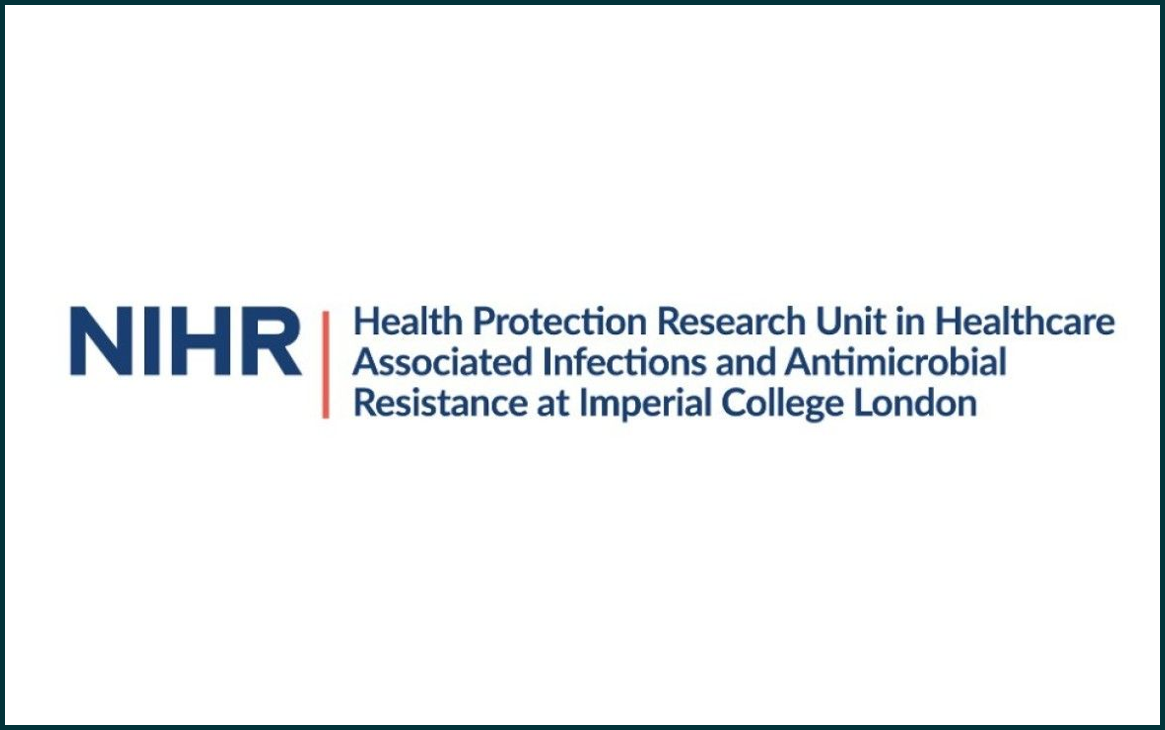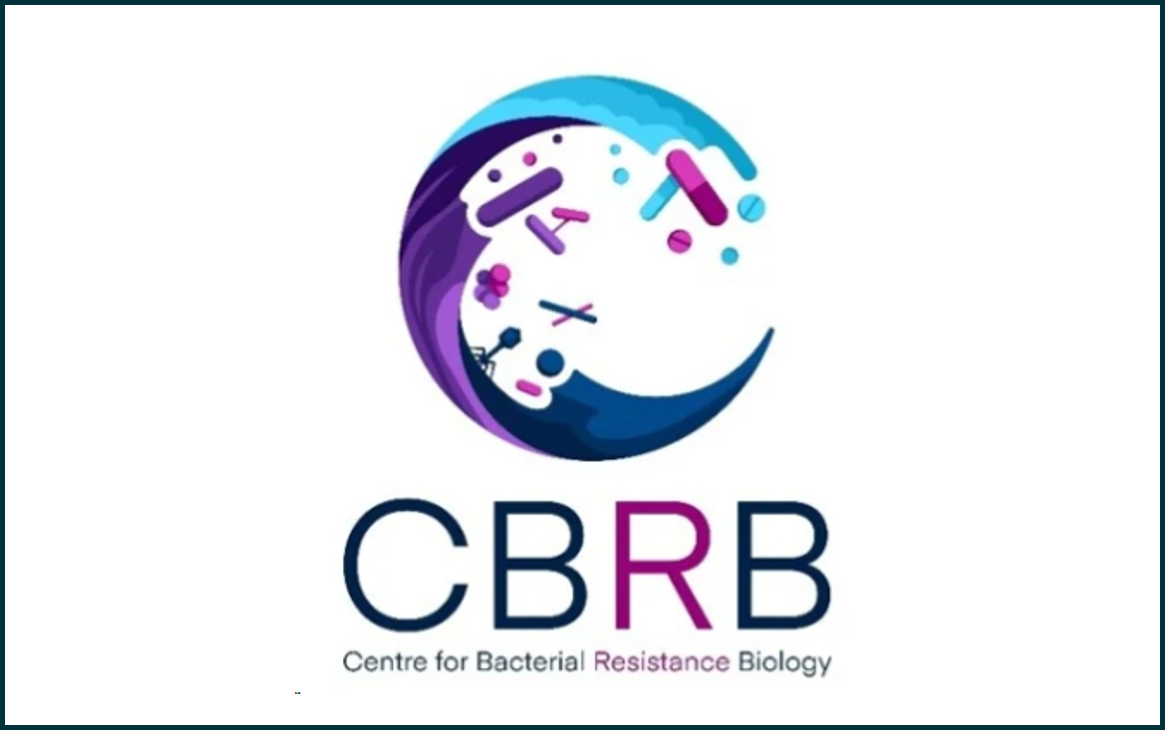Understanding the genetic basis of resistance can provide valuable information into how pathogens evolve to ward off the effects of antibiotics, and what solutions might be used to overcome such resistance. It also provides insight into how resistance emerges within the population. In the clinic, this can inform screening, prescribing, and monitoring protocols.
At Imperial, researchers – many of whom are affiliated with The Centre for Bacterial Resistance Biology and the NIHR Health Protection Research Unit in Healthcare Associated Infections and Antimicrobial Resistance - study this by combining expertise in genomics, bioinformatics, mathematical modelling, structural biology, epidemiology, bacteriology, and clinical medicine with access to hospital and UKHSA biobanks that contain valuable patient samples. By analysing thousands of samples with linked patient information, mutations that lead to resistance can be identified, their biological significance can be explored, and the population effects examined.
The Centre for Bacterial Resistance Biology (CBRB)
CBRB uses multidisciplinary approaches and cutting-edge techniques to study bacterial infections at atomic, cellular and organism levels, with the aim of finding ways of developing new antibiotics, combating antibiotic resistance and developing effective vaccines.
NIHR Health Protection Research Unit in Healthcare Associated Infections and Antimicrobial Resistance 
The NIHR HPRU in HCAIs and AMR. Its Priority Pathogens theme focusses on carbapenemase producing organisms, E.coli, staphylococci and Group A and Group B streptococci, identifying factors affecting emergence, evolution, transmission, acquisition, carriage, and pathogenesis of these organisms.
Researchers in this field include:
- Dr Luke Allsopp: Understanding how Pseudomonas aeruginosa adapts to its host and treatments
- Professor Darius Armstrong-James: Fungal population diversity, adaptation, and virulence
- Professor Marc Dionne: What is the genetic basis of resistance to host defences and antimicrobials?
- Professor Francis Drobniewski: Genomic epidemiology and prediction of resistance in TB and mycobacteria
- Professor Gad Frankel: Genomic analyses to understand healthcare-associated infections
- Dr Maria Getino: Epigenomics to track microbial communities
- Professor Angelika Grundling: Genetic and mutant analysis to understand antibiotic resistance in Gram-positive bacteria
- Dr Elita Jauneikaite: Genomic epidemiology of bacterial pathogens to understand infections
- Dr Johanna Rhodes: Genetic epidemiology of fungal pathogens
- Dr Avinash Shenoy: Mechanisms of antibiotic resistance in Enterobacter species
- Professor Shiranee Sriskandan: Genomics and molecular epidemiology to understanding and predicting resistance
- Dr Valerie Soo: Genotype/phenotype relationships in the evolution of antimicrobial resistance
- Dr Calvin Tiengwe: Genetic and molecular drivers of drug resistance in Trypanosoma species
- Dr Yu Wan: Genomics and epidemiology to understanding and predicting antimicrobial resistance

